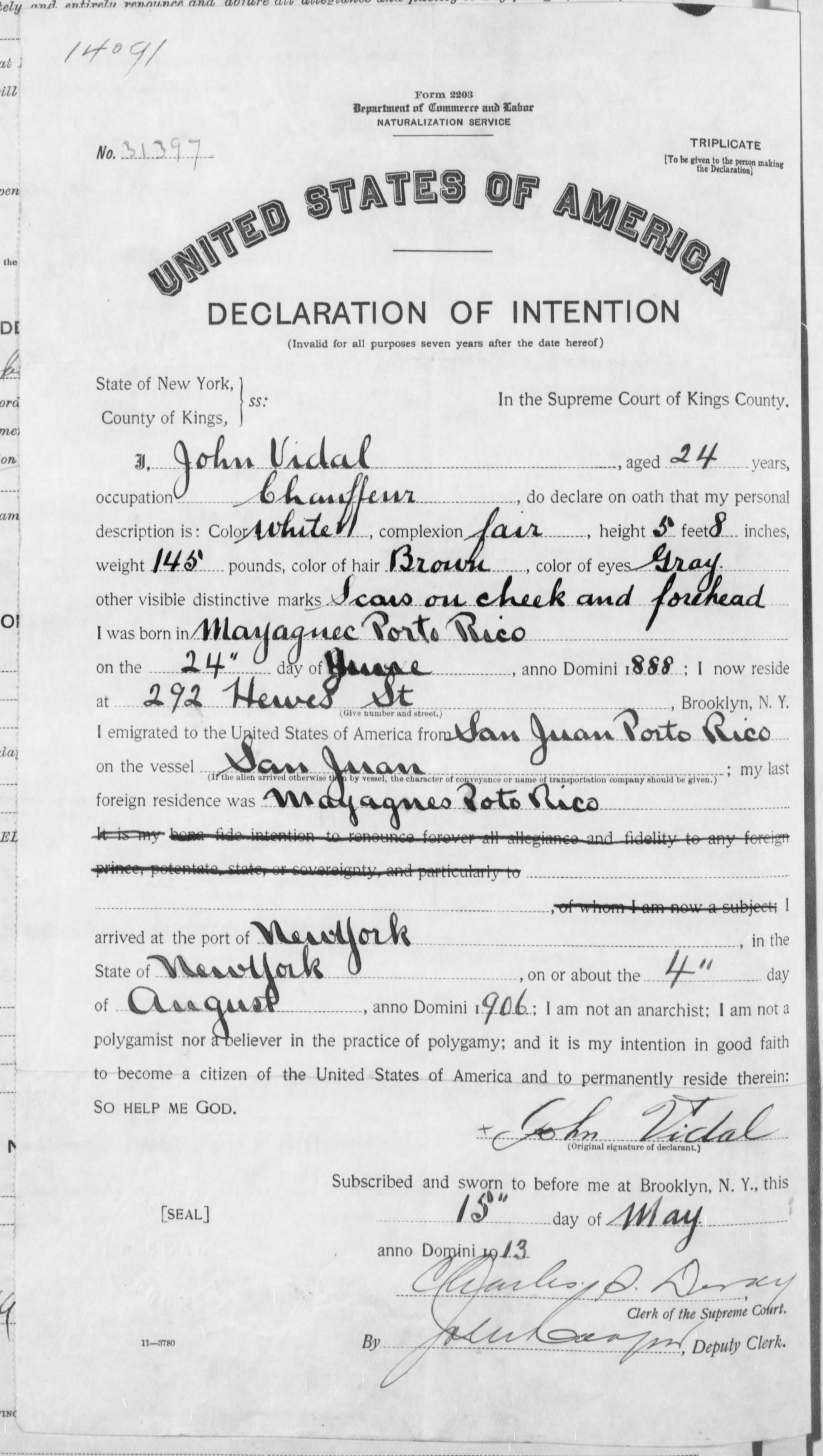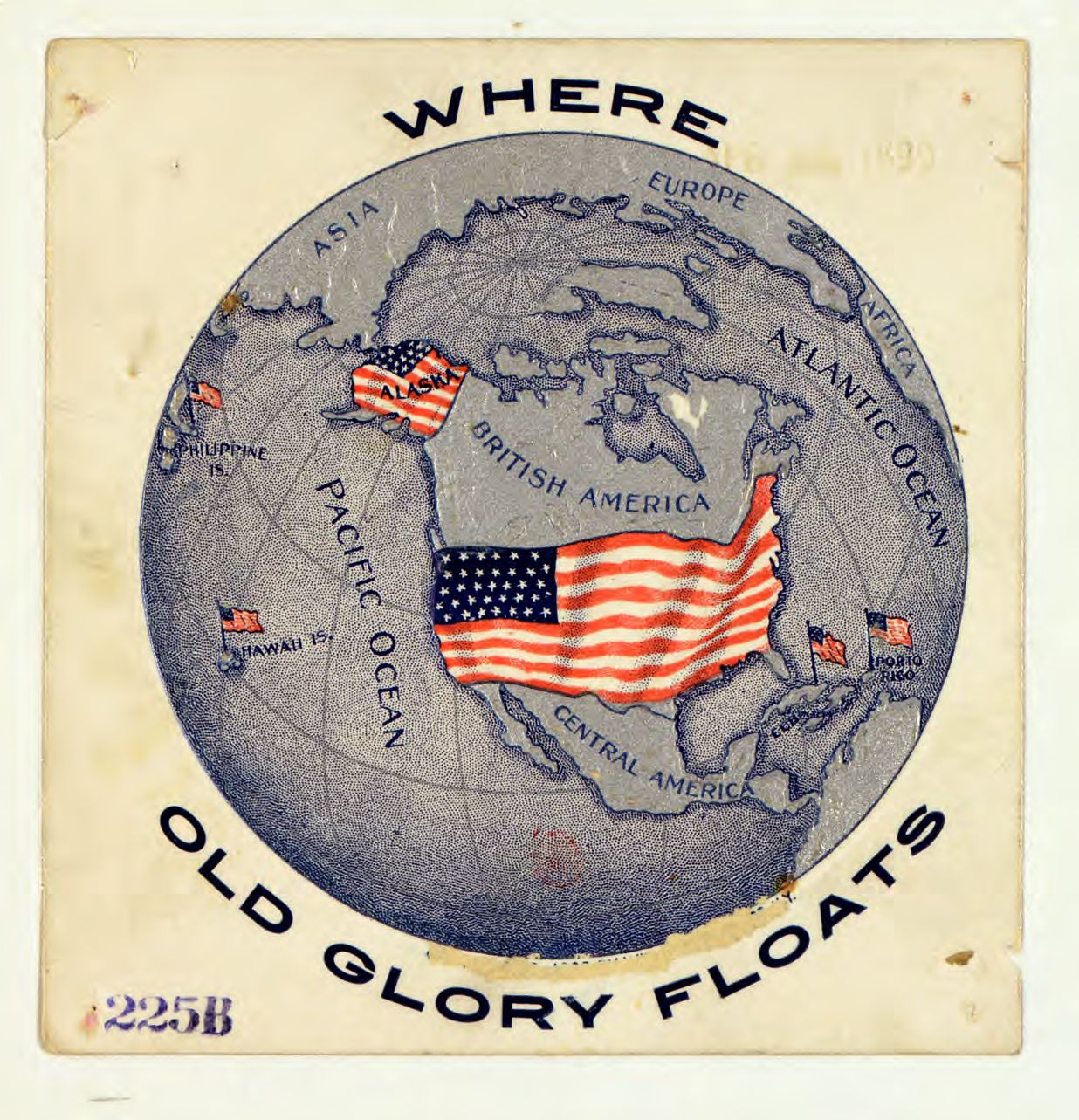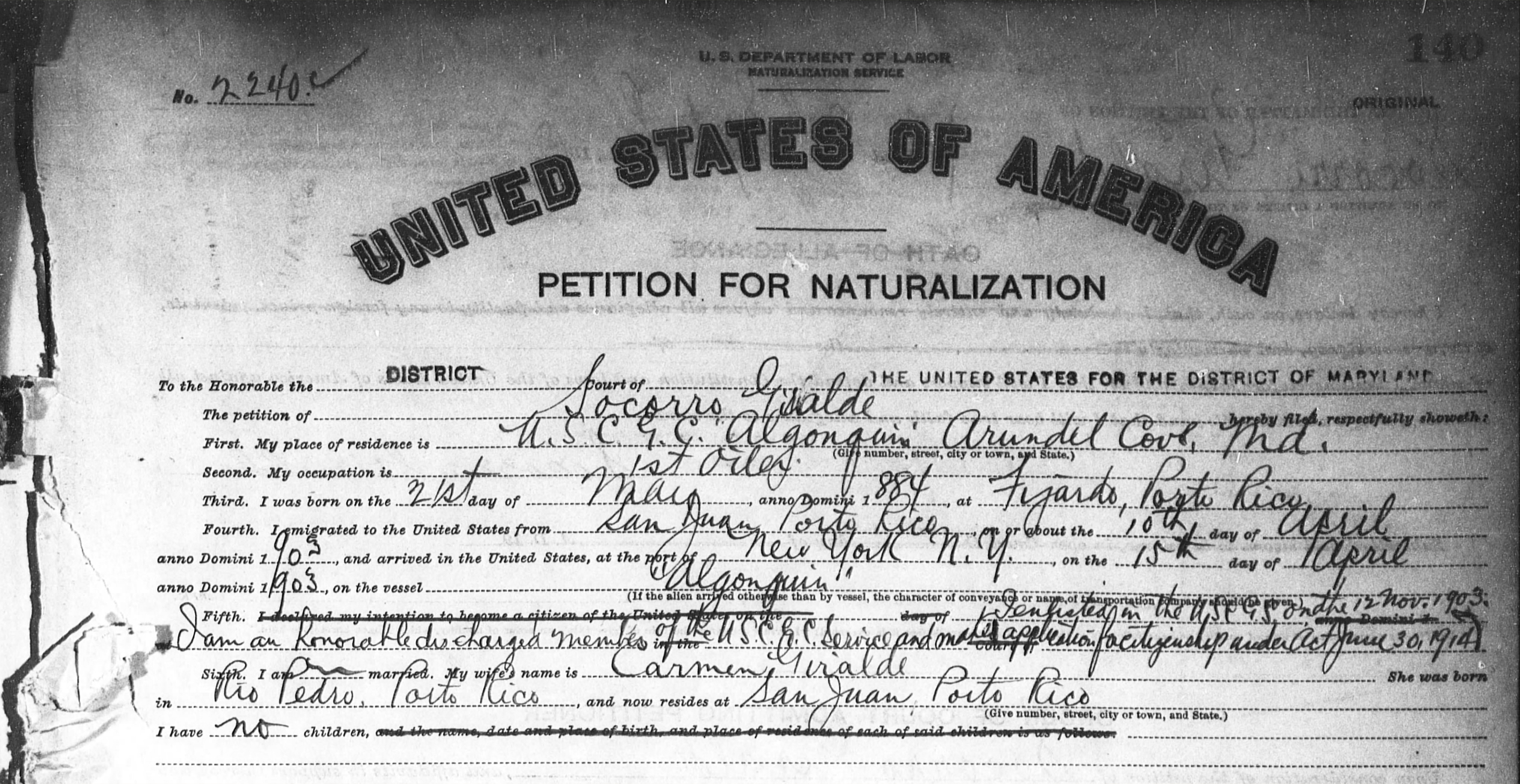Read, hot & digitized: Librarians and the digital scholarship they love — In this series, librarians from UTL’s Arts, Humanities and Global Studies Engagement Team briefly present, explore and critique existing examples of digital scholarship. Our hope is that these monthly reviews will inspire critical reflection of and future creative contributions to the growing fields of digital scholarship.
The Puerto Rican Citizenship Archives Project (henceforth PRCAP) is a multi-institutional collaboration focused on the often-shifting legal relationship between the United States and Puerto Rico that began with the annexation of Puerto Rico in 1898. The project’s objective is to show this relationship through the lens of U.S. citizenship.

The timing for this project is apt on multiple levels. More Puerto Ricans are migrating to the mainland than ever before and the United States’ poor handling of the fallout from Hurricane María further exacerbated that fact. Puerto Rico’s status as a free associated state, which many view as a mere extension of an outdated colonial model, continues to be a hot topic for scholars and citizens alike. Moreover, 2017 marked a century since passing the Jones Act, a legislative act that provided the collective extension of citizenship to a U.S. territory that was not a state. With that being said, the path to U.S. citizenship for Puerto Ricans has been far from easily defined. Since 1898, changing laws have provided Puerto Ricans with “non-citizen nationality,” a naturalized citizenship (both individual and collective), and “birthright citizenship.” PRCAP does an excellent job in documenting and detailing these legal changes through government documents.
In some ways, this digital project, principally hosted by the University of Connecticut, is a foil to a lot of the digital scholarship permeating the internet these days. Whereas many of the digital humanities projects I find seem to be driven by visuals (i.e. mapping, timelines), PRCAP is a text-heavy site. This is not a slight on the work; rather, as their recent garnering of awards shows, this project is a welcome return to traditional research approaches and suggests the potential for less technologically inclined scholars to follow suit with their own worthwhile projects. Indeed, many of the site’s offerings include yearly governmental bills and acts to follow the trajectory of citizenship for Puerto Ricans. While more visual content could be beneficial, the webpage will be of great use to scholars working on Puerto Rican cultural studies at large, migration studies, political science, and law.

Each bill comes with a plethora of metadata using Dublin Core standards to contextualize the text. Users can readily access the date of the proposal, the citizenship and legislation type, and even the sponsoring political party. One bill that interests me is the “2017 Bill to Recognize Puerto Rico’s Sovereign Nationhood Under Either Independence of Free Association and to Provide for a Transition Process, and for Other Purposes.” This bill gave congress the obligation to resolve Puerto Rico’s status as an associated free state, suggesting that it is “unsustainable” and to empower Puerto Ricans to determine their political destiny going forward. The bill remains in the introductory phase over one year later, but could be instrumental to Puerto Rico’s future as a state or sovereign nation.
Scholars inspired by PRCAP and interested in learning more about the Spanish-American War and its aftermath might consider swinging by the Nettie Lee Benson Latin American Collection to view the Chocolates E. Juncosa Trade Cards, or check out the recent acquisition, Borderline Citizens: The United States, Puerto Rico, and the Politics of Colonial Migration (2018) by Robert McGreevey.

